Baidu Apollo expanded through launch of two new platforms
Shanghai (Gasgoo)- Baidu Apollo launched the “5.5” version of its autonomous driving platform at the first Apollo Ecosystem Conference on December 18. Meanwhile, the ecosystem has been further expanded through the unveiling of two new platforms focusing on the vehicle infrastructure cooperative system and the smart vehicle connectivity respectively.
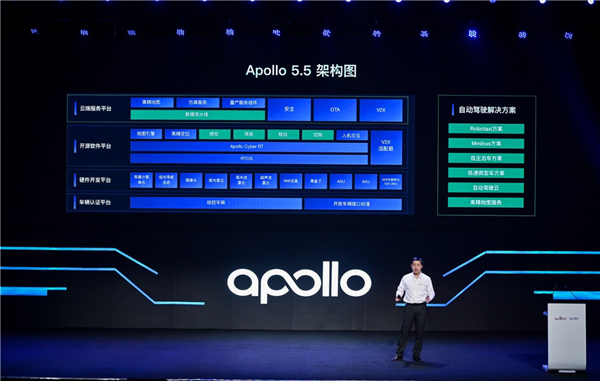
The brightest spot of the Apollo 5.5 must be the “point-to-point urban autonomous driving” capability, which was open to the public worldwide for the first time. Besides, the newly-updated platform features a series of producible solutions designed for various practical scenarios, such as the Robotaxi targeting urban public roads, the Minibus 2.0 created for urban BRT routes, the automatic parking solution for last-mile transportation and the autonomous driving cloud solution.
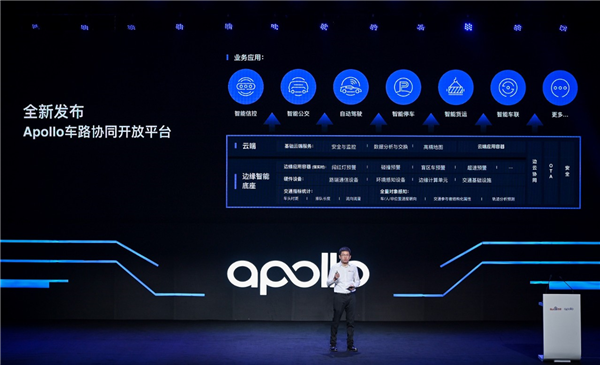
According to Baidu, the platform of vehicle infrastructure cooperative system involves six applicable scenarios—autonomous driving, driver assistance system, traffic guidance & signal control, monitoring over vehicle operated, mobility services as well as intelligent parking technology. It allows external developers and partners to incubate and develop their city management and transportation scenarios on the same platform.
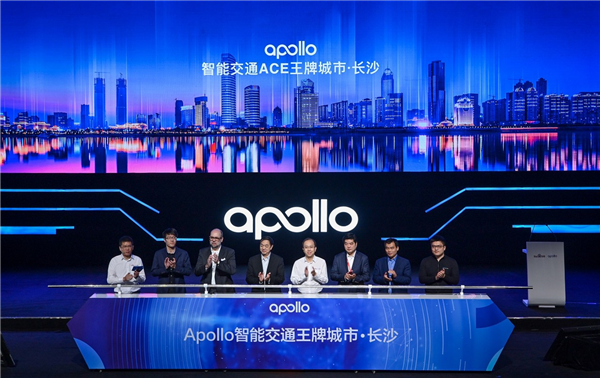
In November, 2018, Baidu announced the “ACE” plan which aimed to promote autonomous driving, connected roads and an efficient city. Through the launch of vehicle infrastructure synergy platform, Baidu Apollo is ambitious to build more “ACE” cities by virtue of joint efforts with partners.
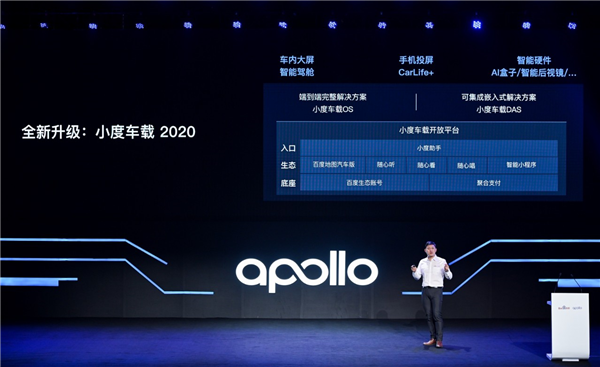
In addition, the newly-unveiled smart vehicle connectivity platform may be the closest one to car owners in China. At the conference, the Internet giant completely opened up the 2020 Xiaodu In-Car OS—an AI-based IoV solution, which features a number of capabilities like the voice-controlled mini programs and the automotive-grade AI chip “Honghu”. Up until now, Baidu has powered over 400 models from roughly 60 automakers with its IoV and AI capabilities.
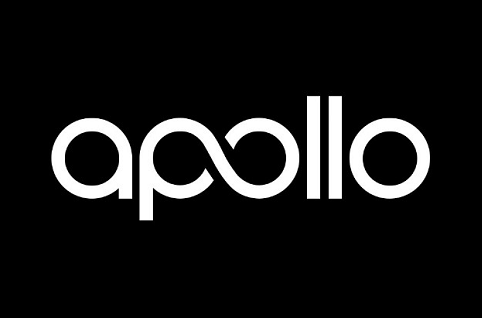
Hitherto, Baidu Apollo has received a total of 150 licenses for autonomous vehicle road tests, and conducted road tests in 23 cities with a range spanning over 3 million kilometers. What's more, the Apollo ecosystem has so far attracted 36,000 developers and 177 partners, and developed around 560,000 lines of open source code (photo source: Baidu's WeChat account).
Gasgoo not only offers timely news and profound insight about China auto industry, but also help with business connection and expansion for suppliers and purchasers via multiple channels and methods. Buyer service:buyer-support@gasgoo.comSeller Service:seller-support@gasgoo.com







